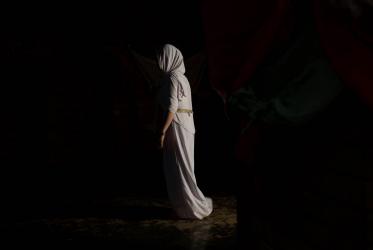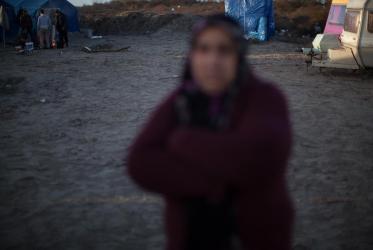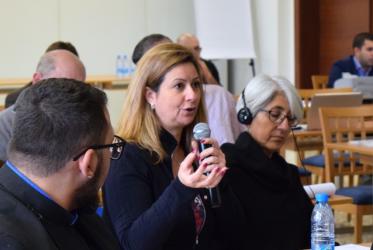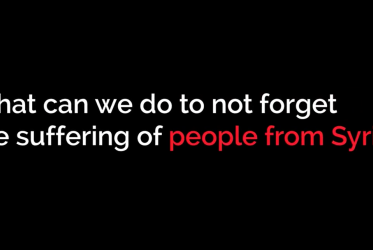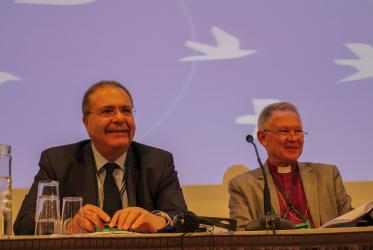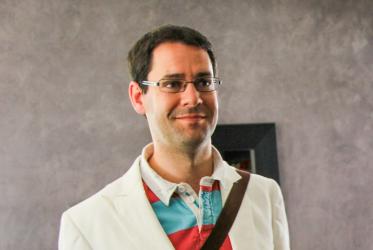Displaying 81 - 100 of 165
21 December 2016
‘No Christmas bells in Mosul’ for a third year, says Assyrian priest
14 December 2016
WCC urges immediate focus on safety, security in Aleppo
05 December 2016
Churches’ diaconal action in the Middle East analyzed
01 December 2016
In Syria and Iraq, minorities must come out of the darkness
28 November 2016
Out of the darkness
28 November 2016
Paralyzed by shock
28 November 2016
Driven out
28 November 2016
Is there hope for the Middle East?
25 June 2016

